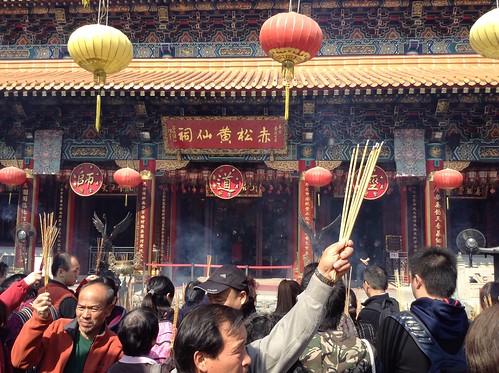Much of the work in the developing world relies on self employment. Be it farming, fisheries, a small retail operation or repairing products like cobblers or seamstresses. In South Asia and sub-Saharan Africa, self employment accounts for over 70 per cent of the workforce *.
Let’s use the brand TOMS for a thought experiment about self-employed cobblers.
TOMS brand purpose came from supplying shoes to the poor. The brand story was that the founder met a lady in Argentina who was providing shoes to shoeless children. The iconic TOMS shoe is actually an alpargata. This is a style popular in Argentina. Blake Mycoskie came up with the TOMS name from ‘tomorrow’. The business promised to donate a pair of shoes for everyone bought.
You could argue that those people who get the shoes, would likely be unable to buy their own. That it isn’t disrupting delicate market economies and the livelihood of some people in the developing world. But if you could afford to buy local shoes and chose to wear a donated pair – it would be rational decision to make. That would then disrupt the delicate market for cobblers.
Globalisation
Back when cobblers and boot makers started to disappear from the high street in the UK, the work started to disappear gradually. There was also a long process of industrialisation to make up for the jobs being lost. There was a process of creation and disruption in the job market. Cobblers business of shoe repairs and boot making bifurcated:
- The Timpson type model that can repair some issues with modern formal shoes. The heels can be repaired on women’s shoes if they snap off. They cut keys, change watch straps, fit watch batteries and do engravings to keep the business ticking over
- The Jermyn Street model where one buys a pair of shoes at a premium. They are made on a last with your name on; and repaired and resoled as necessary
A lot of people now wear sneakers and casual shoes for most of the time. The way that they’re manufactured means that there is little that can be done to repair them.
So going to a cobbler is no longer a mainstream regular activity for much of UK society. I very rarely wear formal shoes. I have a pair of black leather loafers by Churchs. I used to get them repaired by and old Irish gentleman called Mr Cavanagh. He eventually closed his shop when the business rates meant it was no longer viable. But until he closed I would bring shoes home to be repaired by him, as my Mam and Dad had also done.
Getting back to our developing world cobblers. The problem in a lot of developing world countries is that there isn’t a similar employment substitution happening for local cobblers. Donated shoes come on top of deindustrialisation. TOMS does try to negate this impact and currently manufactures shoes in Kenya, India, Ethiopia and Haiti.
But most manufacturing has been centralised in South and East Asia.
Brand purpose and unintended consequences
Mark Ritson discussed how brand purpose shouldn’t boost profit, but should become before profit **. When Uncle Ben’s changes its name to Ben’s *** and Aunt Jemima **** because of racial overtones, that isn’t brand purpose (or putting purpose into a brand).
When an FMCG company stops using palm oil in their food products, that isn’t brand purpose. Brand purpose would be putting money into ways to support farmers so that they didn’t resort to slash and burn palm oil plantations.
More marketing related content here.
IZA World of Labor – Self-employment and poverty in developing countries *
Marketing Week – A true brand purpose doesn’t boost profit, it sacrifices it**
Marketing Week – Mars put purpose into Uncle Ben’s rebrand ***
Business Insider – 15 racist brands, mascots, and logos that were considered just another part of American life ****

